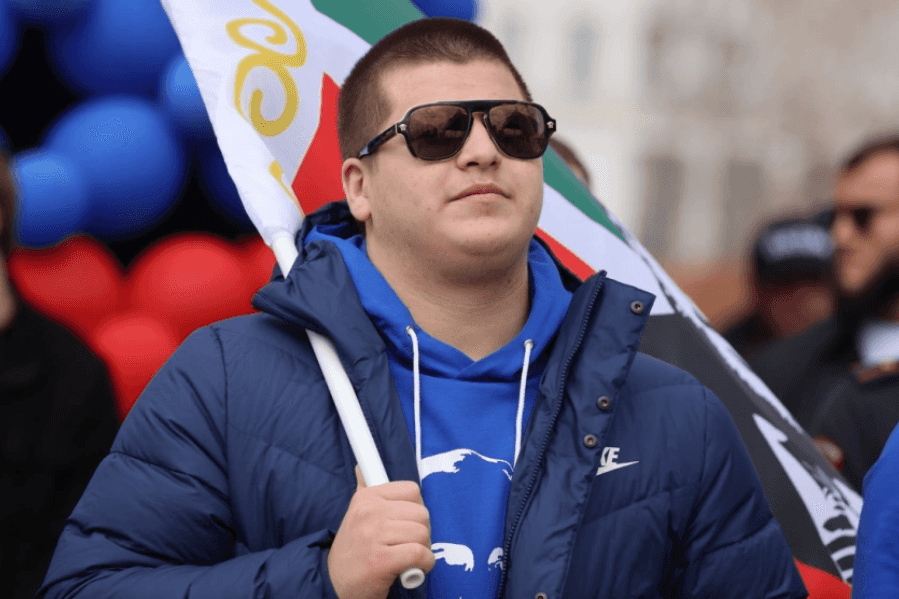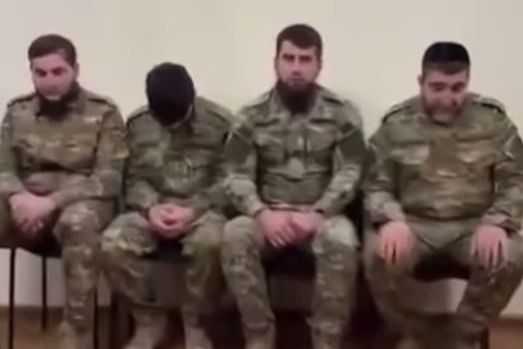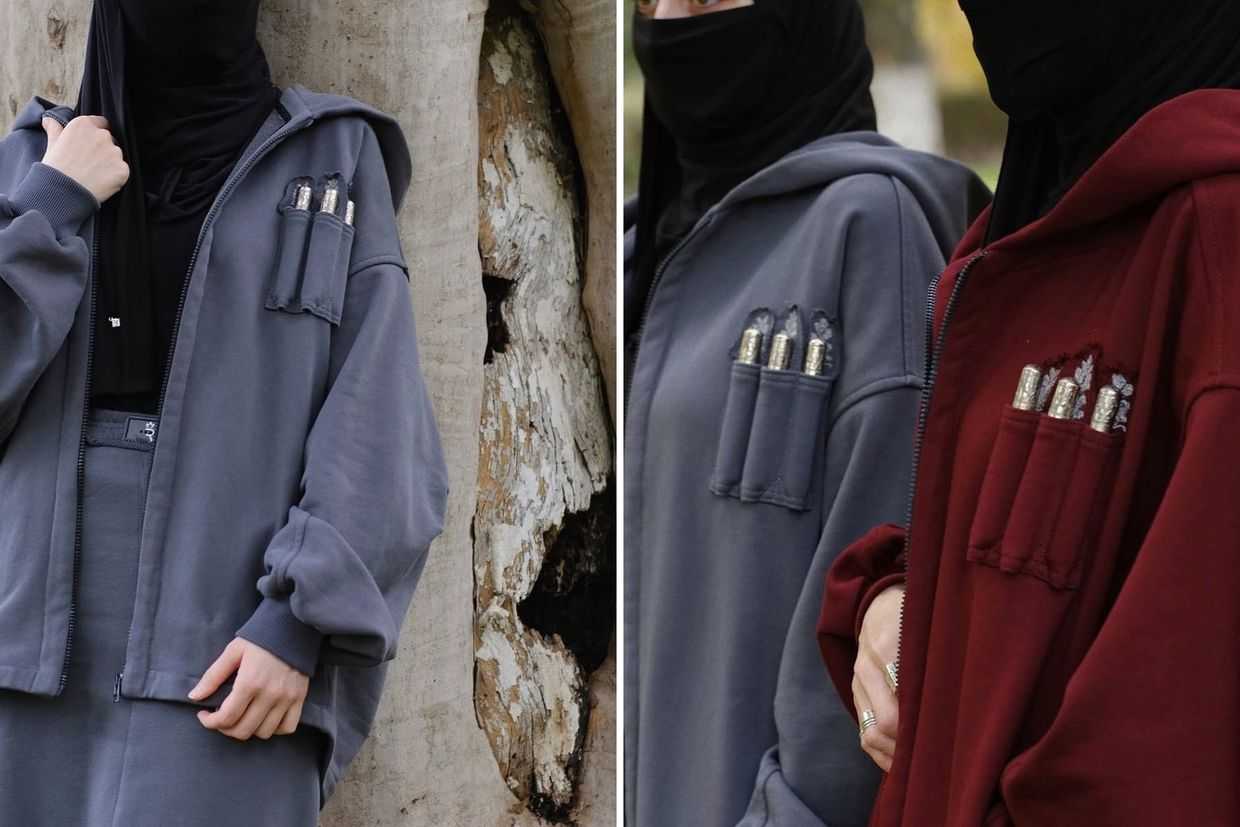
A Chechen journalist who was tortured and spent three years in prison in Russia has been denied entry to Georgia with no reason given.
Zhalavdi Geriyev, a former staff writer at OC Media, arrived at Tbilisi Airport from Budapest on Saturday but was told he was not welcome in the country.
Geriyev said that after a border guard saw in his passport that he was born in Chechnya, his documents were taken away to be inspected.
‘Everything was like in an ordinary Russian airport’, Geriyev told OC Media.
He accused the Georgian authorities of being ‘unprofessional’ and discriminatory towards people from the North Caucasus.
‘They have some kind of alert about inhabitants of the North Caucasus, and every man whose document indicates that he was born in the [North Caucasus Federal District] must obtain personal permission from the police authorities’, Geriyev said.
[Read on OC Media: ‘A humiliating experience’: 4 days in limbo on the Georgian–Russian border]
After being made to wait for some time, he said he was called into a room with a camera and told he was being denied entry to Georgia.
‘I asked if her [the officer’s] camera was still on and in response I left an emotional message with elements of obscenity for those who made this decision’, Geriyev said.
Geriyev said he had expected he might be denied entry before travelling to the country.
‘The denial was likely as I know several colleagues who were also denied entry last year.’
Only journalists who criticise Russia are not allowed in
Natia Kapanadze, the director of Media Ombudsman, a Georgian media advocacy group, condemned the authorities’ actions. Kapanadze told OC Media that the government only treated journalists critical of the Russian authorities or those from Ukraine in this way.
‘This trend began when Ukrainian journalists were not allowed into Georgia in 2021; they wanted to meet and interview the third president [Mikheil Saakashvili] – for this reason, they were detained, and after that, a lot of journalists who criticised Russia’, she said.
Geriyev said he planned to appeal the decision along with the local rights group, Georgia Rights.
However, Kapanadze said the chances of success were slim based on previous cases she had worked on, and that it was a ‘long and complicated process’.
‘The Georgian authorities are obliged to explain the reason for the detention and restriction of the journalist’s freedom’, she added.
She said such incidents represented a violation of people’s human rights ‘and, of course, the right of a journalist to work in the territory of any country’.
The Georgian Interior Ministry declined to comment on Geriyev’s case, saying only that it was down to the individual border guards to explain the reasons behind the decision and adding that ‘everyone has the opportunity to appeal’.
Zhalavdi Geriyev was previously denied entry and deported to Russia along with human rights activist Bekkhan Gelgoyev in 2014. However, he has since visited the country numerous times.
Geriyev was abducted by security forces in Chechnya in April 2016 while working for Caucasian Knot.
He was brought to a forest with a bag over his head and subjected to mock execution as his captors interrogated him about his work. Drugs were later planted in his backpack and he was forced to sign a confession.
He was convicted of cannabis possession later that year and released in 2019, after serving three years in the Chernokozovo penal colony.








